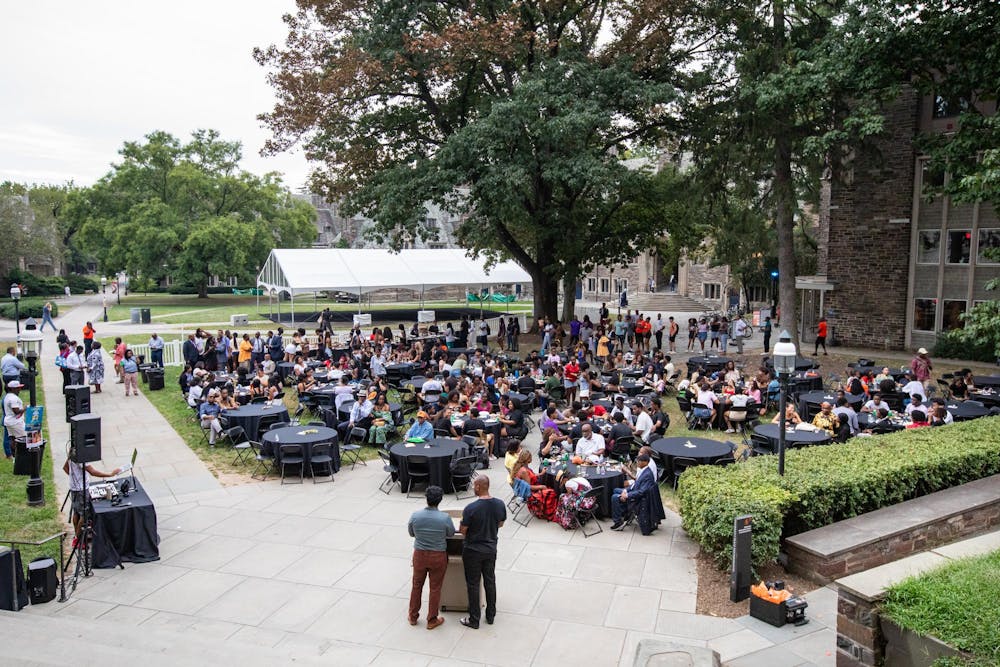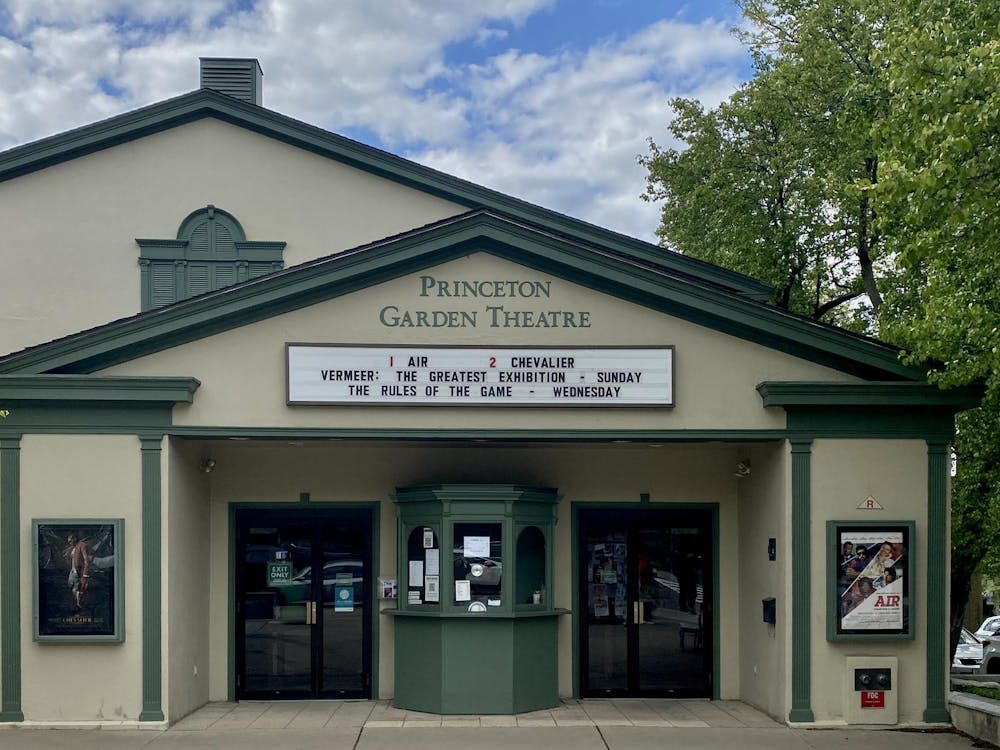The Black Student Union (BSU) has received a historic endowment, sponsored by Black Princeton alumni, designed to give direct support to campus affinity groups.
Originally designated as the Class of 1972 Fund, the Princeton Black Alumni Fund will provide direct discretionary-spending funds, a minimum of $100,000, to the BSU. The fund was created by Thurman White ’72 and Chuck Brown ’72 in hopes of connecting Black alumni with current undergraduates.
The concept of the fund originated during the pandemic in a weekly meeting held by Black alumni, colloquially known as “The Barbershop Chop.” The group includes alumni who graduated in the late sixties and early seventies. As their fiftieth reunions approached, they wanted to give back to future generations of Black Princetonians.
White told The Daily Princetonian the group was “reflecting on our Princeton experience and wanted to do something that was really targeted to our experience.”
He and his classmates were at the University at a particularly tumultuous moment. Right before White matriculated, in 1968, Martin Luther King Jr. was assassinated. The same year, the violent protests at Chicago’s Democratic National Convention that led to the arrest of the Chicago Seven took place. By the end of his first year, protests on campus demanding South African divestment and an end to the Vietnam War were in full swing.
White remembers just 46 Black students in his class, and their affinity group was crucial to securing a sense of belonging on campus.
“It was a culture shock, the ABC [Association of Black Collegians] was the one organization that helped a lot of us survive,” White noted.
The endowment was announced to the student body at B(l)ack Together, the BSUs annual start of the year event. Emmett Murphy ’73 spoke to undergraduates about how the make-up of the Black community has changed since his time at the University.

“We hope that the end goal will be unity and that that will be achieved. I know that there are 10, 15 Black groups … which is wonderful, to have specialization. But in the end, we need to all come together,” he told the ‘Prince.’
“[S]o when the endowment fund was created, it was for the behest of all Black students, but we gave it to the Black Student Union to manage,” Murphy added.
According to BSU President Jordan Johnson ’24, the BSU’s transformation into an umbrella group of different organizations is recent.
“As we’ve become an umbrella organization, it has given us the opportunity to look at the big picture with student groups outside of Black Princeton,” Johnson told the ‘Prince.’

“Although our board is diverse, and covers most corners of the diaspora, we aren’t specialized. We encompass all of the Black diaspora,” Abiola Bolaji ’26, BSU’s Director of Outreach told the ‘Prince.’
Bolaji said that with increased funding, the BSU will give voices to other affinity groups, specifically mentioning Princeton African Students Association (PASA) and Princeton Caribbean Connection (PCC), which are not always in communication with University administration.
He noted that while the University’s administration supports the BSU, they also use the BSU “as a shield of ignorance to hide them from the other Black organizations.”
The University did not respond to a request for comment at the time of publication.
During COVID-19, a number of new affinity organizations catering to specific Black identities were revitalized, such as Princeton Ethiopian and Eritrean Students’ Association (PEESA) and Princeton African Students Association (PASA). As a result, BSU has had to reconsider its position within the Black community.
“We aren’t fully connected,” BSU Secretary Kamaula Rowe ’26 told the ‘Prince.’ “Sometimes it feels as if we’re in competition with each other.”
According to Bolaji, when the University looks to reach Black students, they always go to the BSU. But, he believes that leaders from other affinity groups should be looped in too.
“[The endowment] allows us to be more confident and also know that if we want to plan something big for the Black community, we have the means to do so,” Rowe added.
Johnson believes that with the endowment, more all-inclusive events will be possible, such as larger social events, citing SZA’s recent visit. He also floated the idea of a career program “that really sets up Black students for success outside of Princeton.”
“There’s not really a ‘joining’ the BSU, if you’re a Black Student, you’re already in it,” Johnson said.
Eden Teshome is a senior News writer for the ‘Prince’ and the head Podcast editor.
Justus Wilhoit is an assistant News editor for the ‘Prince.’
Please send any corrections to corrections[at]dailyprincetonian.com.








